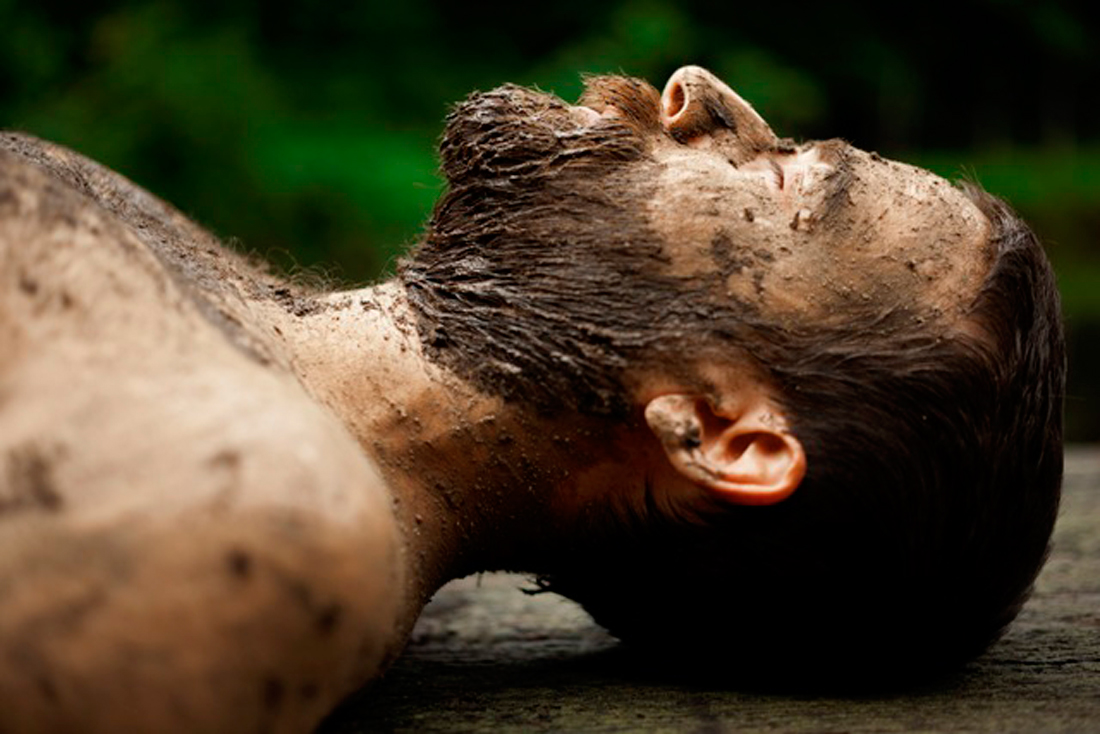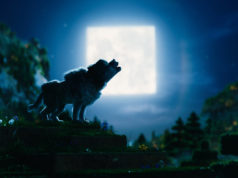In 2009 writer-director Cameron Bruce Nelson moved to Fort Worth to marry his longtime girlfriend, after a three-year post-college stint working on an organic farm in Virginia as a kind of sabbatical. Nelson, who had studied anthropology at the University of Texas in Austin, spent his time on the farm shooting short documentary-style movies of the people and places he encountered. That, in turn, triggered his desire to become a full-time filmmaker. Since settling in North Texas, he’s made award-winning short films and music videos and joined the staff of both the Lone Star Film Festival (as head of presentation) and the Dallas Video Festival (as technical director). He also served as assistant editor on Shane Carruth’s esoteric arthouse hit Upstream Color, which was shot partially in Dallas. But Nelson was always determined, as a filmmaker, to revisit his experiences as a field hand and caretaker on that isolated Virginia farm near the Blue Ridge Mountains. He’s finally captured those experiences with Some Beasts, a minimalist drama that marks Nelson’s feature film debut as writer-director.
Currently in post-production, Some Beasts was shot at four different Virginia farms –– including the one Nelson worked at –– in 2012 and 2013. It stars North Texas actor-filmmaker Frank Mosley and indie stalwarts Lindsay Burdge (Frances Ha, A Teacher) and Heather Kafka (Idiocracy, Lovers of Hate). The movie concerns a bright young itinerant laborer (Mosley) who must juggle a long-distance relationship with his girlfriend and the grinding daily demands of a non-corporate organic farm. For Nelson, the film is partially concerned with educating people about this little-known world.
“Right now there are young people –– some of them are friends of mine –– who’re struggling to survive [as workers on organic farms] while living in a country that isn’t really interested in sustainable agriculture,” Nelson said. “People idealize ‘living off the land,’ and there’s the whole locavore movement, but it’s harder and a lot more complicated than that.”
Lest anyone fear Some Beasts is a one-note bourgeois screed to promote the farm-to-table philosophy, Nelson is more interested in the larger, universal themes of the story. “It’s about Old World ways of living that’re dying out just as the postmodern generation comes in,” he said. “You see everything through the young protagonist’s eyes, and it changes his character, his sense of idealism.”
Because the movie had a micro-budget and used many nonprofessional actors and tech people, the process of filming became a communal experience in itself, with the crew eating homemade meals together and everyone offering input on production and performance details. As director, Nelson benefitted enormously from having lived the life he was filming. He knew the most atmospheric spots in which to place the camera, and he never asked the real-life farmers who appear in the film to do anything that was out of character for their livelihoods –– he was already familiar with the content and “the tone,” as he put it, of their lives.
Some Beasts has had two rough-cut screenings so far. Nelson’s producer, Ashley Maynor, wrangled an invitation to the American Film Festival in Wroclaw, Poland, which has a program called “U.S. in Progress” that lets European distributors and indie producers see unfinished American films. The reaction was positive, Nelson said, noting that many of the viewers had no idea such an agricultural subculture existed in America. Just recently, Nelson and Maynor screened the movie at an Austin Film Society event, where the reaction from natives was much the same: They’d never seen this rough-hewn way of life depicted in the United States before.
Nelson is deliberately tight-lipped about where he wants Some Beasts to have its official world premiere. Obviously, the film festival circuit is part of the equation, but he doesn’t want to elaborate on any of the discussions his producers have had with festival organizers and distributors. He just wants the film to be seen by as many people in as many places as possible.
“The movie isn’t especially plot-driven,” he said. “As a filmmaker, I try to be a visual storyteller more than anything. That’s why I was so happy with the reception we got in Poland. For the most part, English wasn’t the first language [of the festival viewers in Wroclaw], so it was great that they connected with this story about a farming subculture in southwest Virginia.”












